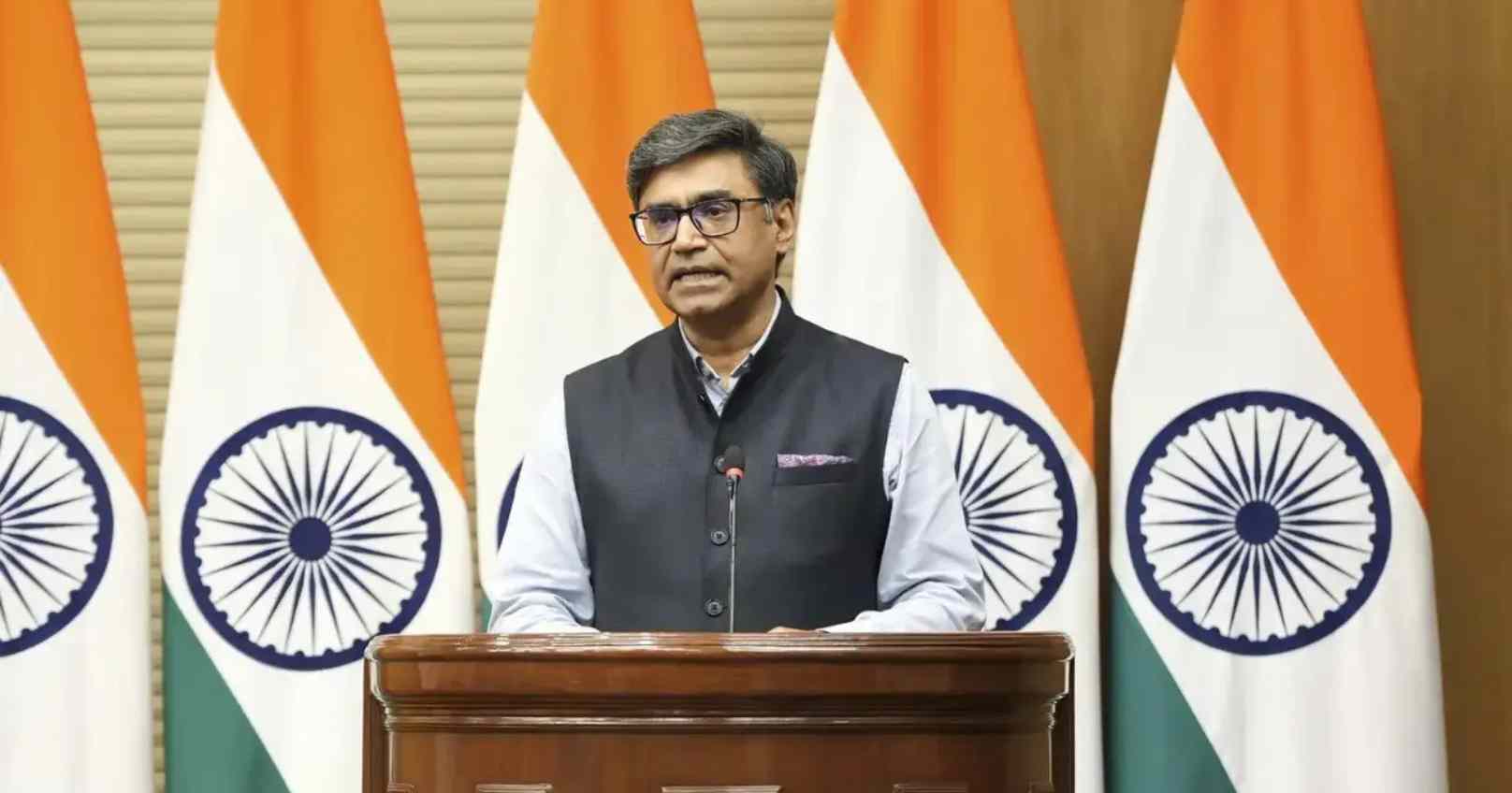India and Pakistan have come to a mutual agreement to halt hostilities following a period of escalating military tensions, the Indian government confirmed on Saturday. The ceasefire was finalised after direct communication between the two nations' military leadership.
At a media briefing, Foreign Secretary Vikram Misri announced that the Director General of Military Operations (DGMO) from Pakistan reached out to his Indian counterpart at 3:30 PM. During the call, both sides agreed to suspend all military engagements—whether on land, in the air, or at sea—effective from 5 PM the same day.
"This understanding has been conveyed to the armed forces on both sides, with clear instructions for immediate implementation. The DGMOs are expected to reconvene on May 12 to assess the situation," Misri added.
Just before the official announcement from New Delhi, US President Donald Trump declared on Truth Social that American diplomatic efforts had helped broker the ceasefire. "Following intensive overnight negotiations led by the US, I am happy to confirm that India and Pakistan have agreed to a complete and immediate ceasefire. Well done to both nations for acting wisely," the President wrote.
Sources within the Indian administration revealed that National Security Advisor Ajit Doval and External Affairs Minister S. Jaishankar had been engaged in frequent communication with their American counterparts in recent days. These backchannel discussions reportedly kept Prime Minister Narendra Modi fully informed. However, officials emphasised that India entered the ceasefire agreement strictly on its own terms.
External Affairs Minister Jaishankar also underscored that the ceasefire was the result of bilateral talks between New Delhi and Islamabad. “India and Pakistan have reached a consensus to halt all forms of cross-border military engagement. Our position on terrorism remains unchanged—India will persist in its zero-tolerance policy,” he stated.
Though the ceasefire was officially a bilateral decision, Washington is believed to have played a key role in influencing Islamabad. According to diplomatic sources, the US linked the approval of a pending $1 billion tranche from the International Monetary Fund (IMF) to Pakistan’s immediate compliance with the truce. Full disbursement, it is believed, was conditioned on complete adherence.
Additionally, the United States recently endorsed India’s updated military doctrine, which designates future terror attacks as acts of war. This endorsement, along with financial leverage, reportedly contributed significantly to Pakistan's decision to de-escalate.







